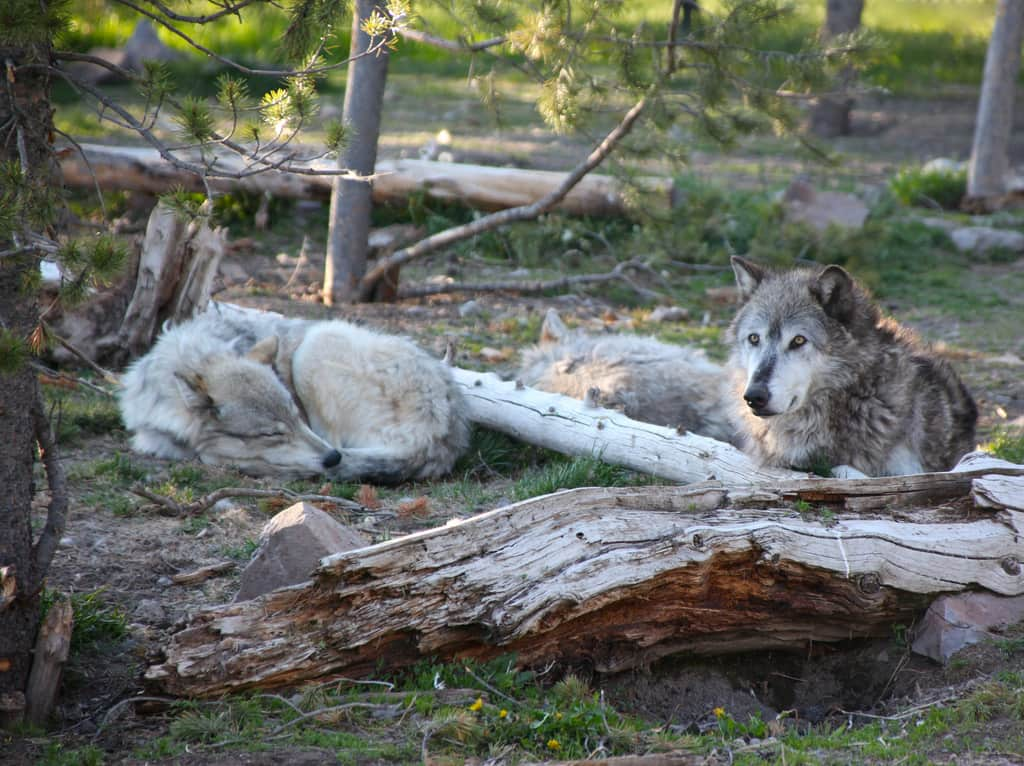Montana Wolf Season Sees Highest Harvest since Delisting
OutdoorHub Reporters 03.01.13

Montana saw the highest number of wolves bagged since its first regulated season in 2009. According to the Flathead Beacon, the recently concluded 2012 season was the first to be extended to trappers as well, who accounted for 91 of the 219 wolves harvested. Hunters reported shooting 128.
“Certainly it’s a step in the right direction,” said Montana Fish, Wildlife and Parks (FWP) spokesperson Ron Aashim. He said the department plans to release an updated wolf population report sometime in March. Scientists estimate there to be over 1,774 wolves in the Rocky Mountain Region and around 650 in Montana alone by the end of last season.
Gray wolves had nearly disappeared from the western United States by the 1930s and were brought back from the brink by organizations like the National Wildlife Federation. According to the FWP, the gray wolf returned to Montana with only six packs in 1995. The proposed recovery program was not without objections, especially from ranchers and hunters who feared the wolves would take a toll on livestock and wild game.
This debate is seen by U.S. Fish and Wildlife recovery coordinator Ed Bangs to be mostly symbolic.
“Wolves and wolf management have nothing to do with wolves,” he said. “I think the folks who didn’t like them still don’t like them, and the folks who did like them still do. Wolves are mainly a symbolic issue that relates to core human values.”
Management hunts were opened to great contention but were ultimately upheld by court rulings. The wolf hunts did have a noticeable effect on livestock depredation, with steadily decreasing lost livestock claims since 2009. Livestock lost to wolves can be compensated by a program from the Defenders of Wildlife, who seeks the promote tolerance of the animals. The wolf impact on game animals is still under study.
Additional hunting options were added this month when the hunting program received an update from lawmakers and Governor Steve Bullock. The new changes allow hunters to purchase multiple tags, use electronic calls and activate their licenses sooner without the previous five-day wait.
“This legislation leaves management of the gray wolf where it belongs, in the hands of scientists, not politicians,” Governor Bullock said.
Defenders of Wildlife regional director Mike Leahy doesn’t share the same view.
“We disagree with the whole framework of wolf management right now,” he said. “We think the population should be managed and that can include a sustainable level of hunting. But most of the changes are aimed at trying to drive the wolf population down.”
Minnesota, Wisconsin, and Wyoming opened up their first wolf hunts this winter, joining Idaho, Montana, and Alaska. Michigan is in the process of debating a management season.

